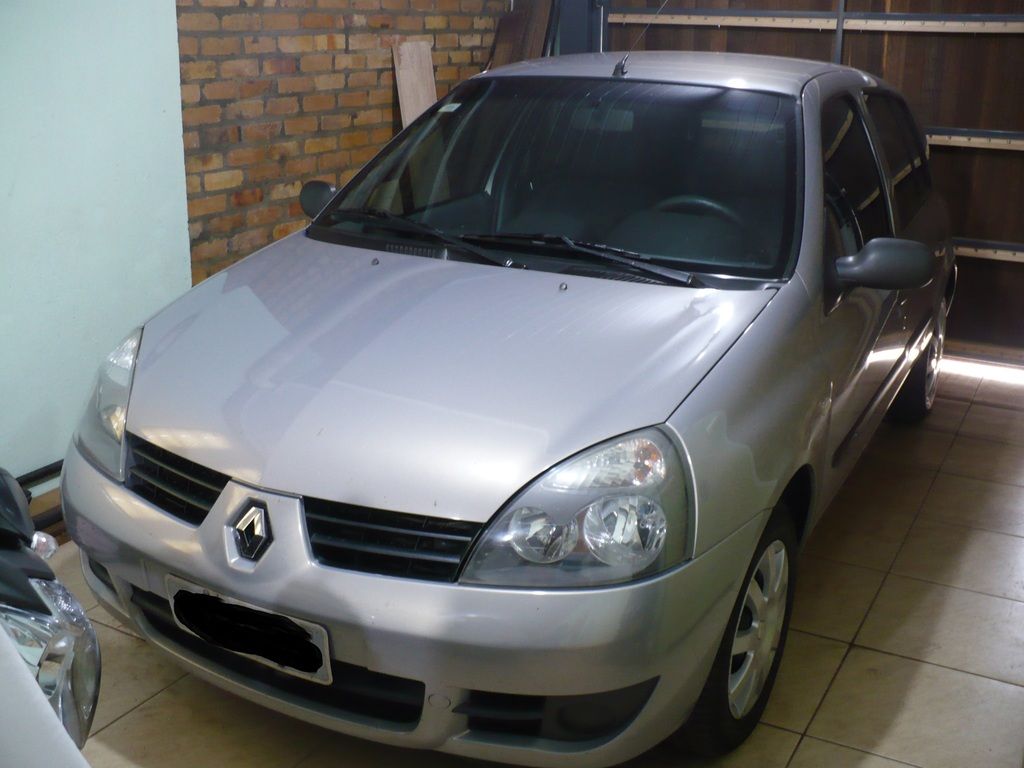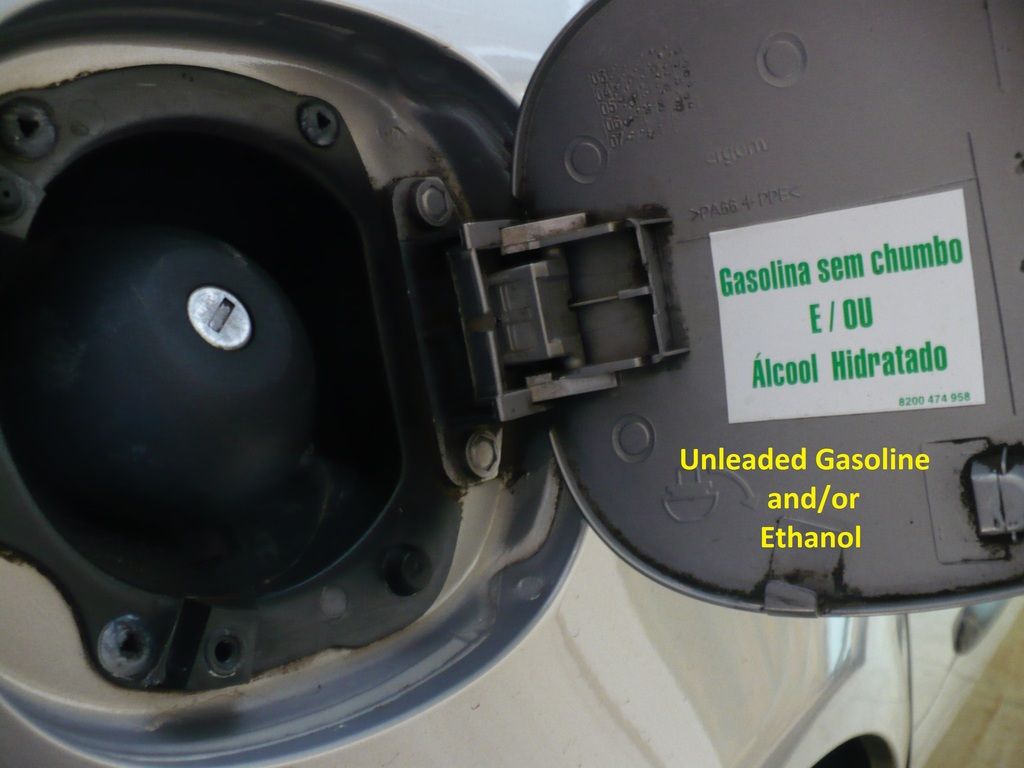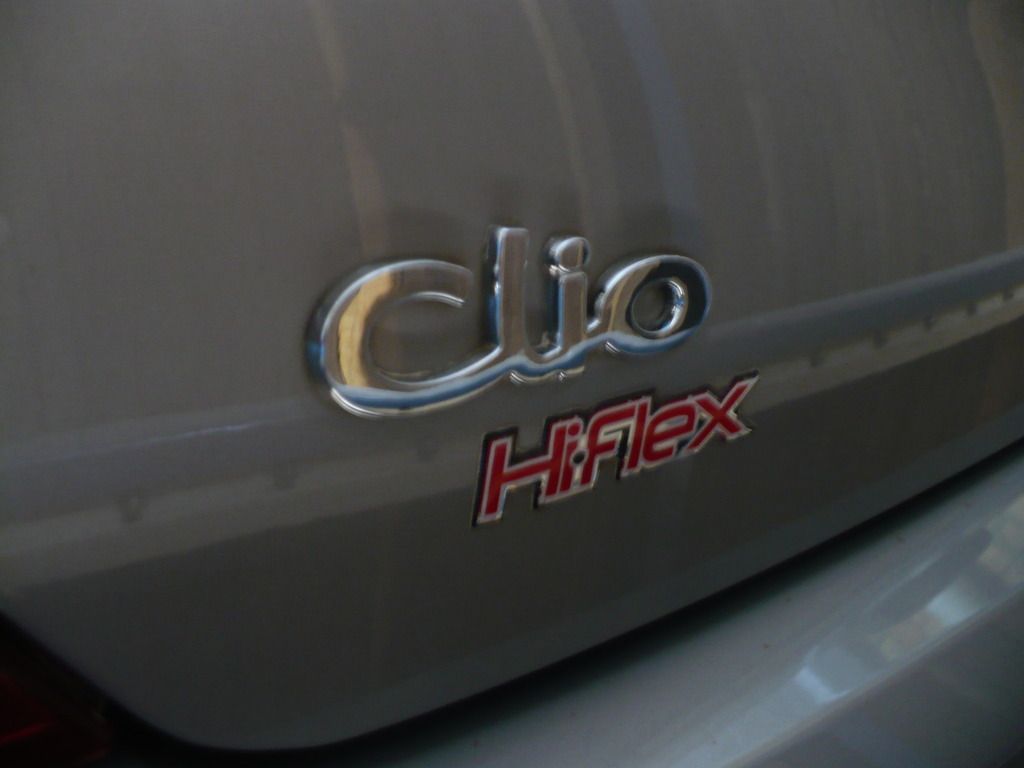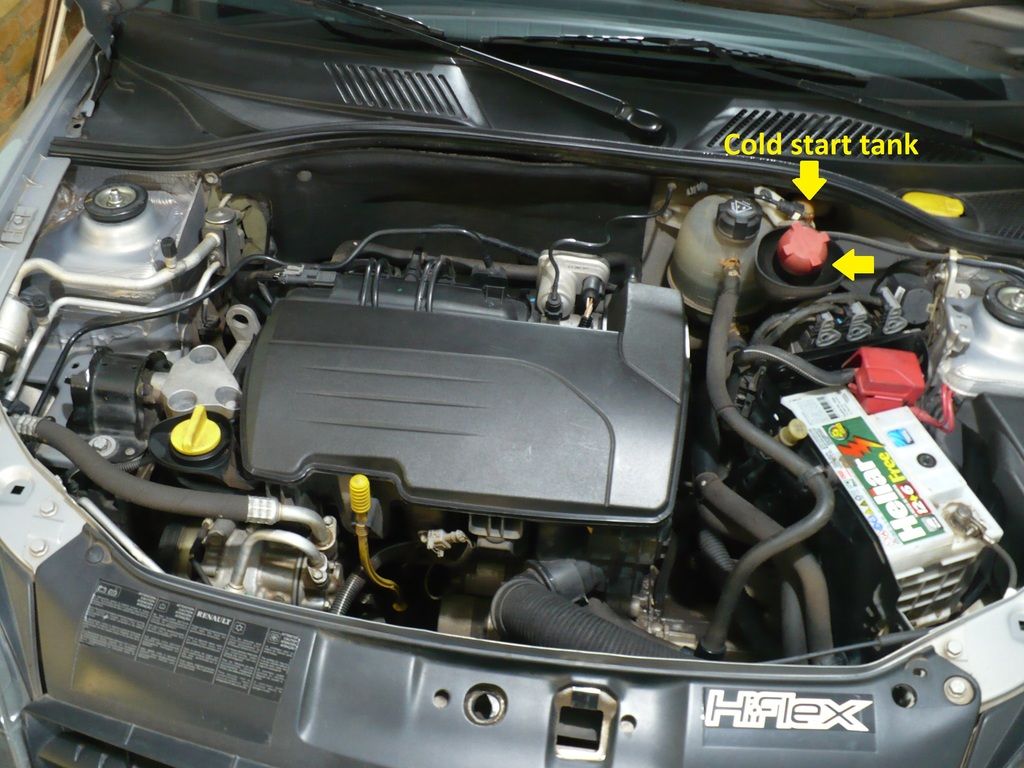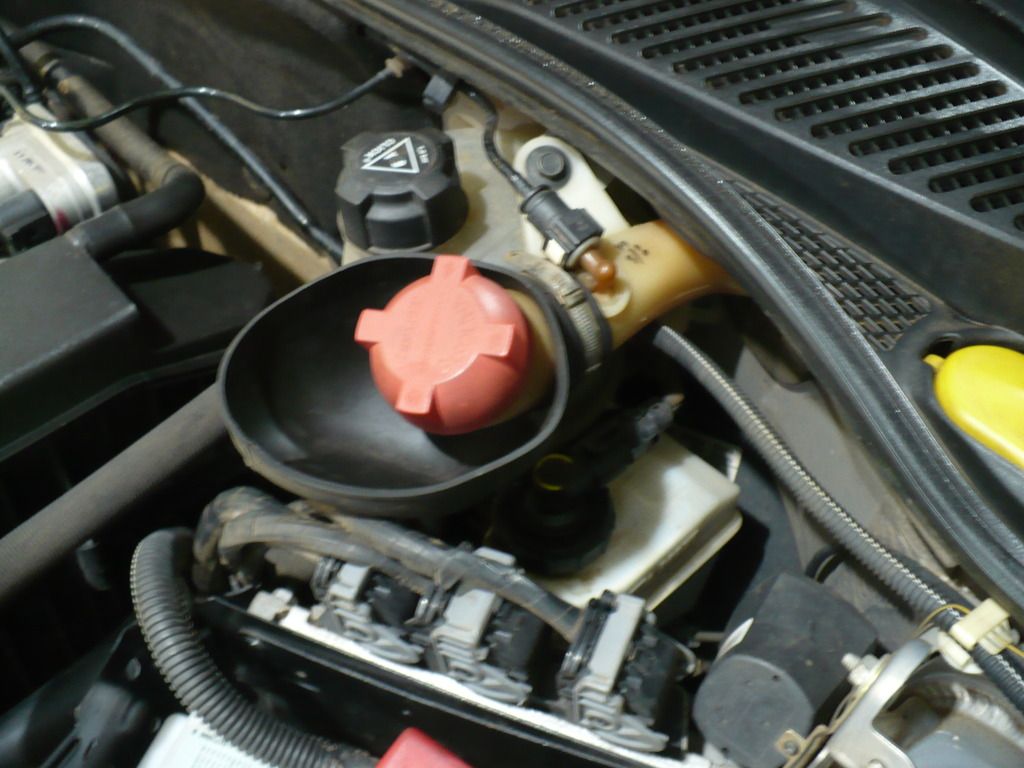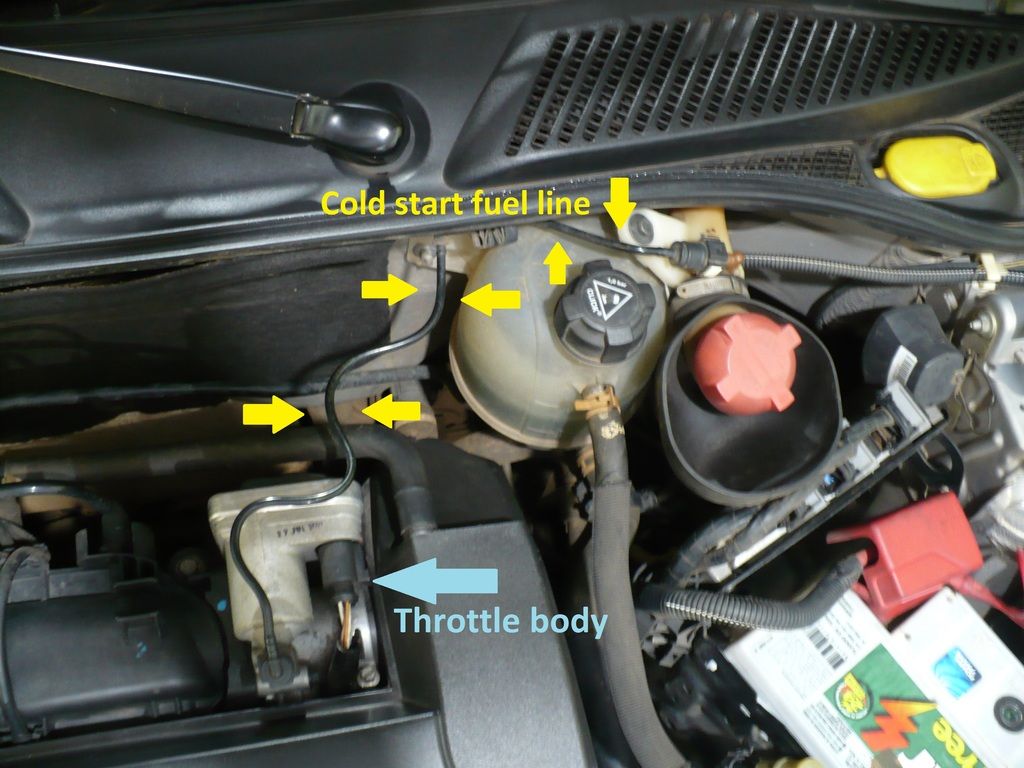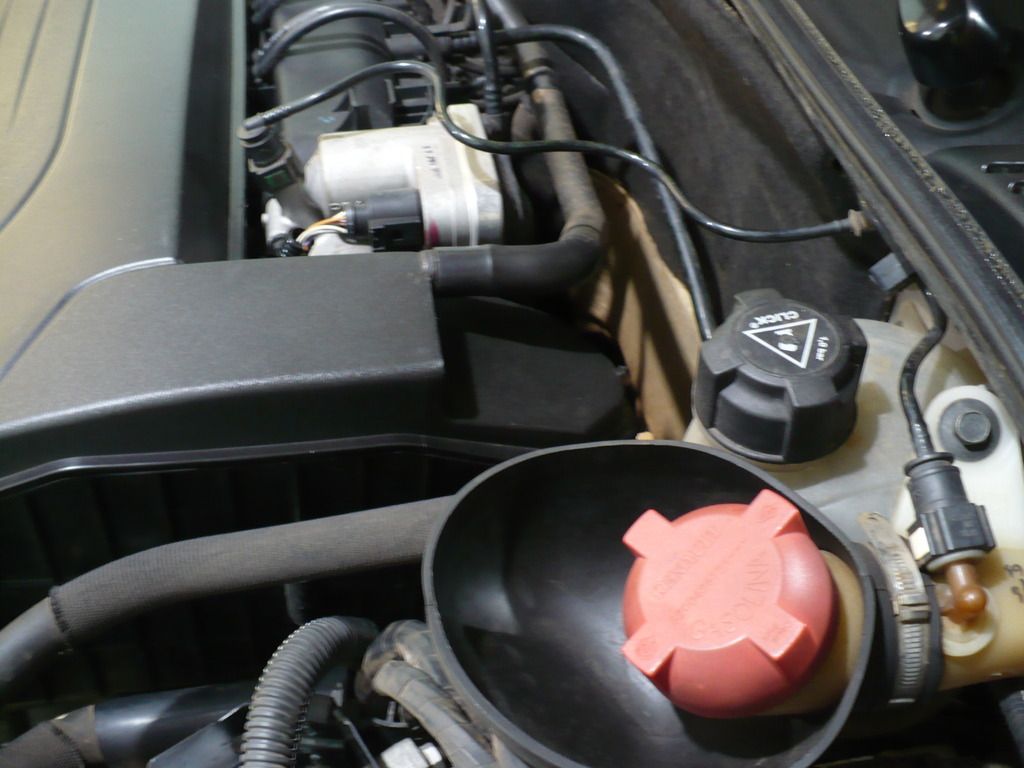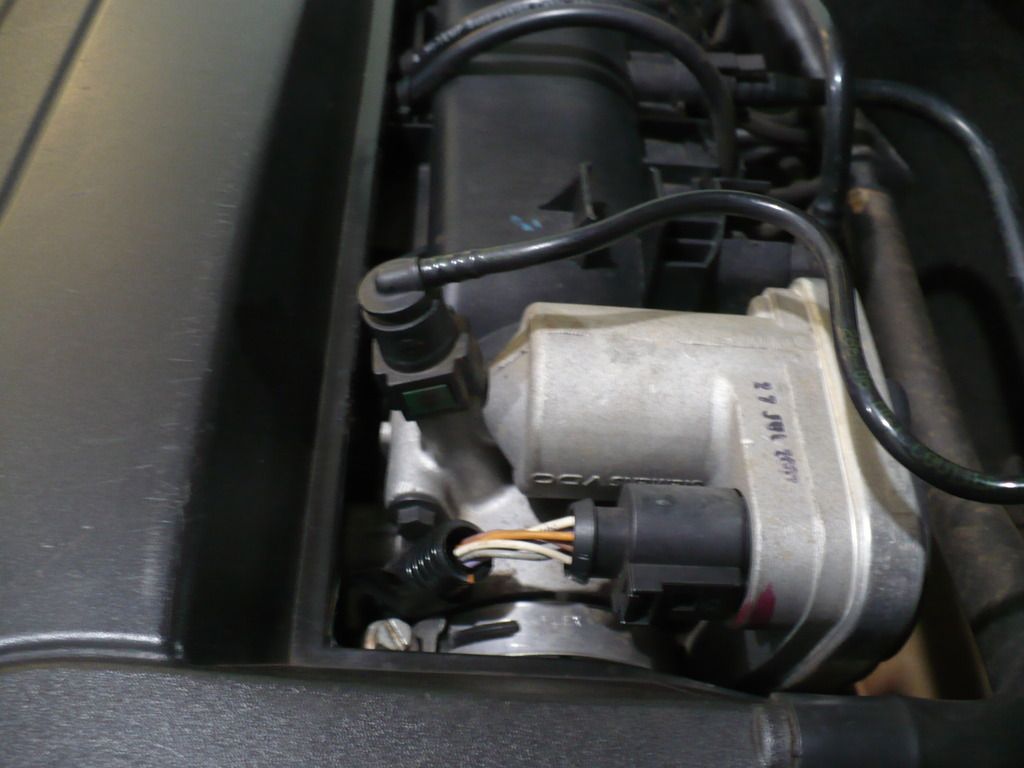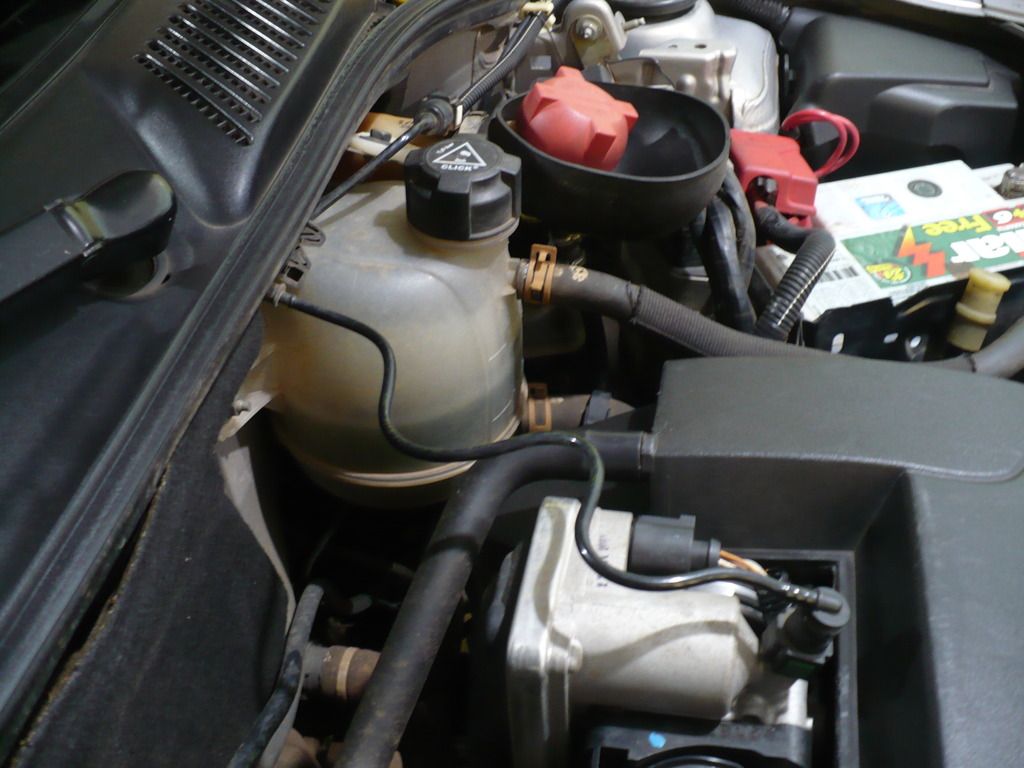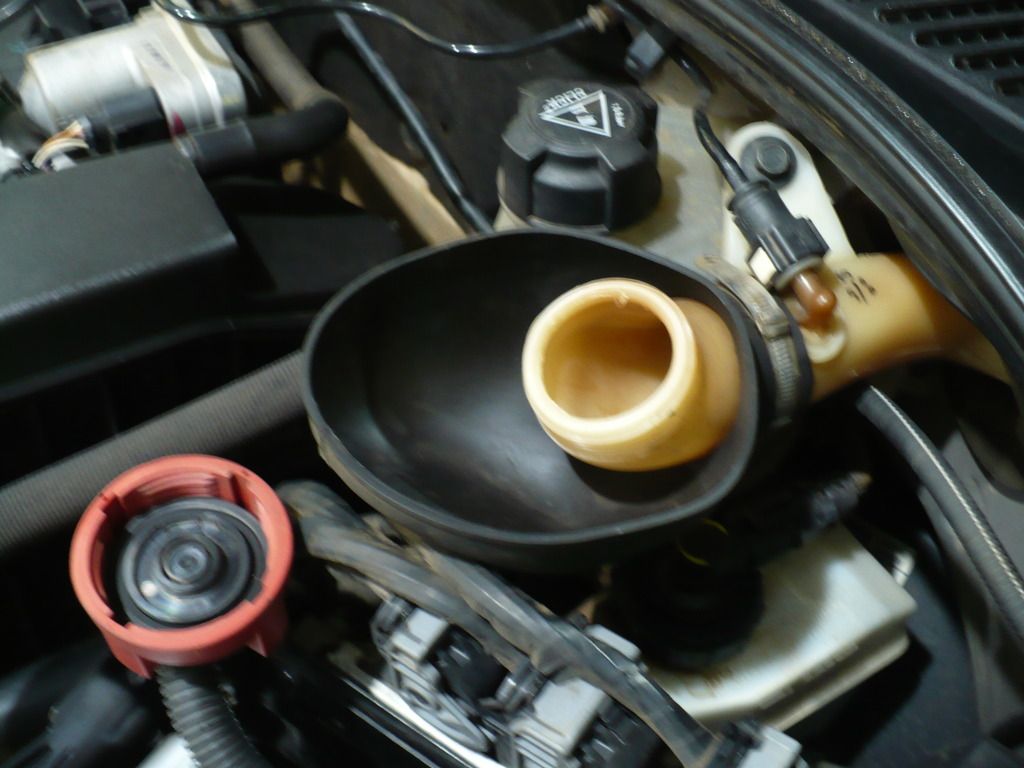Home › Forums › Stay Dirty Lounge › ETCG1 Video Discussions › Choice at the Pump
- This topic has 20 replies, 10 voices, and was last updated 9 years, 1 month ago by
 Rereonehundred.
Rereonehundred.
-
CreatorTopic
-
October 12, 2015 at 2:16 pm #841522
I’m sure this one will be talked about quite a bit. Looking forward to your comments on this one.
-
CreatorTopic
-
AuthorReplies
-
October 20, 2015 at 4:58 am #842102
[quote=”Evil-i” post=149616][quote=”Yuuki” post=149389]…They have been proven time and time again they are more efficient than gas engines and produce over 30% more power than gasoline,…[/quote]
Are you sure we aren’t comparing apples to oranges here?
Ethanol and methanol contain less energy than gasoline. In separate engines that are optimized for gasoline, ethanol and methanol, if you compare their BSFCs, you’ll find that the 30% power increase comes from burning a heck of a lot more ethanol or methanol compared to the gasoline engine’s consumption.
What this means in the real world is that pound-for-pound and gallon-for-gallon, gasoline produces more power and will carry you farther than ethanol or methanol.[/quote]
You are not accounting for every variable.
Perfect example is on engines that use higher compression ratios. Also, more power comes from being able to burn the mixture cooler and avoid pre-detonation (thus allowing the ignition timing to be closer to MBT)
E85 is $2.39 a gallon near me. 93 octane is $3.64 a gallon.
I can spend less money on fuel and have a MUCH more powerful car running E85 still taking into account I am burning more fuel.
Granted, in my example I’ve stacked the cards in my favor – but the data speaks for itself.
October 20, 2015 at 7:29 pm #842152[quote=”divide_by_zero” post=149655]Also, more power comes from being able to burn the mixture cooler and avoid pre-detonation…[/quote]
Pre-ignition and detonation won’t be problems if the engine is optimized for the fuel it is burning.
These are heat engines. Cooler burning says less energy is being released (when compared to a hotter-running engine), therefore less work can be done. The less work that is done per unit of time, the less power there is.
October 20, 2015 at 7:39 pm #842153(first of all, what you will read below is a lot of “engrish” and very little english, but anyway … )
I think the only country where you can choose to use 100% ethanol is Brazil (I might be wrong). All gas stations will have at least three types of fuel, gasoline (with 25% ethanol), 100% ethanol, and diesel, there is no pump with 100% gasoline since the early 1980s.
Around 1985 more than 80% of all cars sold had ethanol engines (all carbureted) and were not flex fuel, but in the 90s the price of ethanol started to become to too expensive compared to gasoline, and as the fuel here come from the sugar cane, the ethanol producers decided to make more sugar for export because it was more profitable than making and selling ethanol.
In 2003 VW launched the first flex fuel engine (in a VW Gol 1.6 … yes Gol not Golf), and after that all the other car makers had their own flex fuel engines, because “everybody wanted” a flex fuel car. Today more than 85% of all cars sold in Brazil have a flex fuel engine. Each brand has its own name for its flex fuel technology. VW: Total Flex, Chevrolet: Flexpower, Renault: Hi-Flex, Honda: FLEXone, Fiat: Flex, and so on.
What they all have in common is that they can run on 100% ethanol (or any blend of gasoline and ethanol), and that creates a little problem, which is the cold start when running on 100% ethanol. If the engine is cold (especially during winter) the engine will take a long time cranking before it starts or maybe it will not start at all, so, they have a “cold start system”, which in the majority of cars is a small plastic tank that has a little bit less than 1 litre of gasoline, there is a small electric pump (very similar to the windshield washer pump) that will spray gasoline directly into the throttle body while the starter is spinning, and when the engine starts the pump shuts off. This is a little bit annoying because you have to remember to always keep the small tank full of gasoline. Some cars, like the new Hondas, some VWs and Fords have a different system, that heats up the fuel directly in the injector, so they don’t need that small gasoline tank. I have a 2008 Renault Clio with a 1.0 litre 4-cylinder flex fuel engine. I took a few pictures to show the cold start system with gasoline tank.
Flex fuel engines sound great in theory but it’s not so “nice” as some people think, it burns more fuel running on ethanol, so you get less km per litre of fuel (that’s how we measure fuel economy here, not that L/100km nonsense that they use in europe). The compression ratio is a bit to much to run on gasoline and a bit to low to run on ethanol, so it’s not really good running on gasoline and/or on ethanol. They not are always cleaner running on ethanol, my car actually has lower emissions on gasoline than on ethanol according to tests made by a regulatory agency. The benefits, well, a little bit more power and torque running on ethanol, but very little difference.
Oh, by the way, as far as I know none of the cars for sale here have a sensor in the tank to know what is in it, the computer takes information from the O2 sensor, throttle position, rpm, knocking sensor, etc etc etc to calculate what blend of fuel is in the tank. In my car the only sensor in the tank is the fuel level sensor.
I think that the last time I used ethanol on my car was two years ago, because of the higher fuel consumption its price needs to be at least 70% or less than gasoline price.









 October 26, 2015 at 2:42 am #842673
October 26, 2015 at 2:42 am #842673Very interesting your observations with clearly a high end car (turbo) divide_by_zero!
I have always heard that ethenol has less energy (76,000BTU as opposed to 114,000 for gas) SOURCE so I always fill up at petro canada which does not use blended ethanol around where i live anyway. All the other pumps around here say up to 10% blended ethanol pretty much.
I always thought it was the energy companies being cheap and mixing a cheaper fuel in with a more expensive one. Since ethanol is basically free to them, or so I was told.
there are amazing financial incentives in the US for farmers to grow corn. They grow so much of it, that they have to dump it if they did not turn it into fuel.
I am fine with anything but being ripped off. If it had the same energy density then there wouldn’t be a problem.
I know that my 1988 chevy i used to have seemed to have more issues when i didnt religiously fill with pure gas from petrocan.now i have a newer car, but I still have the same habit. I enjoy reading about performance tuning, but as you said, it uses 30% more fuel, so for me the price of fuel is far more important than a few more horsepower in a turbo i dont have! I always fill 87 or 89 or whatever is the cheapest.
October 26, 2015 at 4:41 am #842682The major oil companies are perhaps more dumb than evil. And they are a human enterprise like entertainment, government, car companies, and agriculture, etc. All the strengths, frailties, and limits on ethics exist wherever humans are at play.
But economics are fully at play. Oil companies have untold billions invested in capital, and they need to get the most out of that large amount of capital. Have you priced a new refinery these days!! So you can’t throw away that capital and replace it with ethanol capital or biodiesel capital, or you’ll go broke.
Brazil has huge subsidies for ethanol which makes for waste, and check the recent performance of Brazil’s economy.
-
AuthorReplies
- You must be logged in to reply to this topic.
 Our Address
Our Address 
